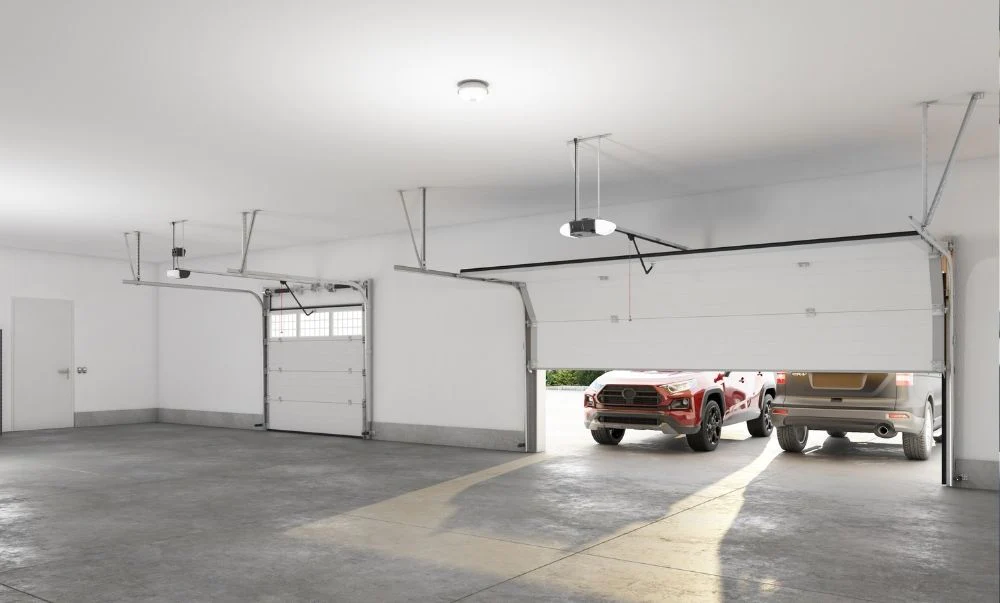A malfunctioning garage door opener can be a major inconvenience, and one common issue is when a Genie garage door opener only moves a few inches before stopping. This problem can leave you frustrated and your garage door half-open. In this article, we will guide you through the troubleshooting process to identify and resolve this issue, ensuring your Genie garage door opener operates smoothly once again.

Understanding the Issue
What Causes the Limited Movement?
Before delving into solutions, it’s essential to understand why your Genie garage door opener is only moving a few inches. Several factors can contribute to this problem.
1. Safety Sensors:
- Genie garage door openers are equipped with safety sensors that prevent the door from closing if an obstruction is detected. If these sensors are misaligned or obstructed, the door may only move a short distance before stopping.
2. Force Settings:
- Genie openers have adjustable force settings that control how much force the opener applies when moving the door. If these settings are too low, the door may struggle to open fully.
3. Track Obstructions:
- Physical obstructions in the garage door tracks, such as debris or objects, can prevent the door from moving freely.
Troubleshooting Steps
Identifying and Resolving the Problem
Let’s explore the steps to troubleshoot and fix your Genie garage door opener when it only moves a few inches.
1. Check Safety Sensors:
- Start by examining the safety sensors located near the bottom of the door frame on each side. Ensure they are aligned and clean. If misaligned or obstructed, adjust and clean them as needed.
2. Test the Force Settings:
- Genie openers have dials or buttons to adjust the force settings. Consult your opener’s manual to find and adjust these settings to a higher force level.
3. Inspect the Tracks:
- Carefully examine the tracks for any obstructions. Remove any debris or objects that may be blocking the door’s path.
4. Lubricate Moving Parts:
- Lubricate the rollers, tracks, and hinges with a recommended garage door lubricant. This can help the door move more smoothly.
5. Check for Damaged Parts:
- Examine the door’s hardware, such as springs and cables, for any signs of damage. Broken or worn-out parts can impede the door’s movement.
6. Test the Opener:
- Run a test cycle to see if the issue persists. If the door still only moves a few inches, further inspection may be required.
Professional Assistance
When to Seek Help
If your troubleshooting efforts do not resolve the issue, it’s advisable to seek professional assistance. A certified Genie garage door opener technician can diagnose and repair more complex problems, such as motor or circuit board issues.
Preventive Maintenance
Avoiding Future Problems
Regular maintenance can help prevent issues with your Genie garage door opener. Here are some preventive measures to consider:
1. Annual Checkup:
- Schedule an annual maintenance check by a professional to ensure all components are in good working order.
2. Keep Tracks Clean:
- Regularly clean the tracks to prevent the buildup of dirt and debris.
3. Lubricate Moving Parts:
- Apply lubricant to rollers, tracks, and hinges at least once a year.
4. Tighten Hardware:
- Periodically check and tighten all hardware, including bolts and screws.
Conclusion:
A Genie garage door opener only moving a few inches is a frustrating problem, but with the right troubleshooting steps, you can often identify and resolve the issue yourself. By checking safety sensors, adjusting force settings, inspecting tracks, and performing routine maintenance, you can ensure your garage door opener operates smoothly, providing convenience and security for your home.



Leave a Reply